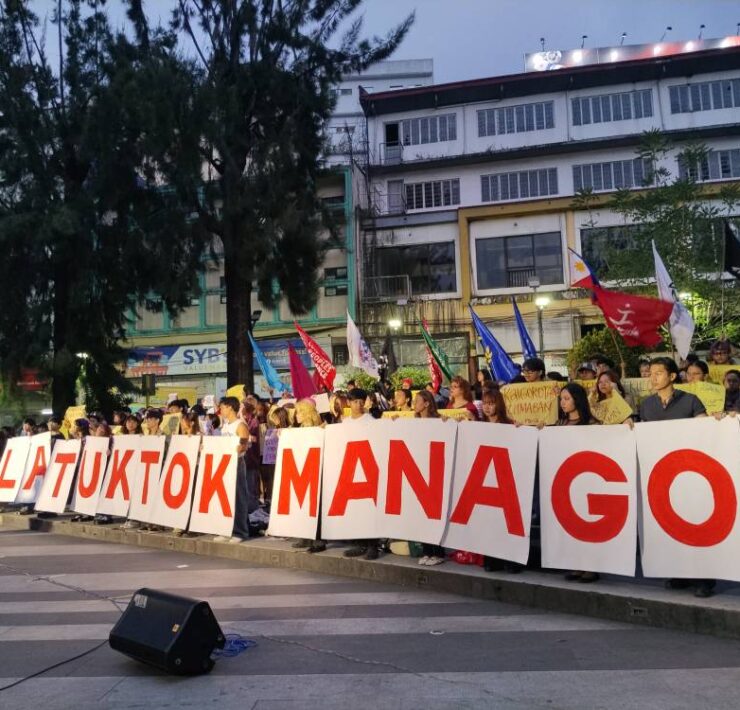Creatives pay tribute to Bobby Garcia
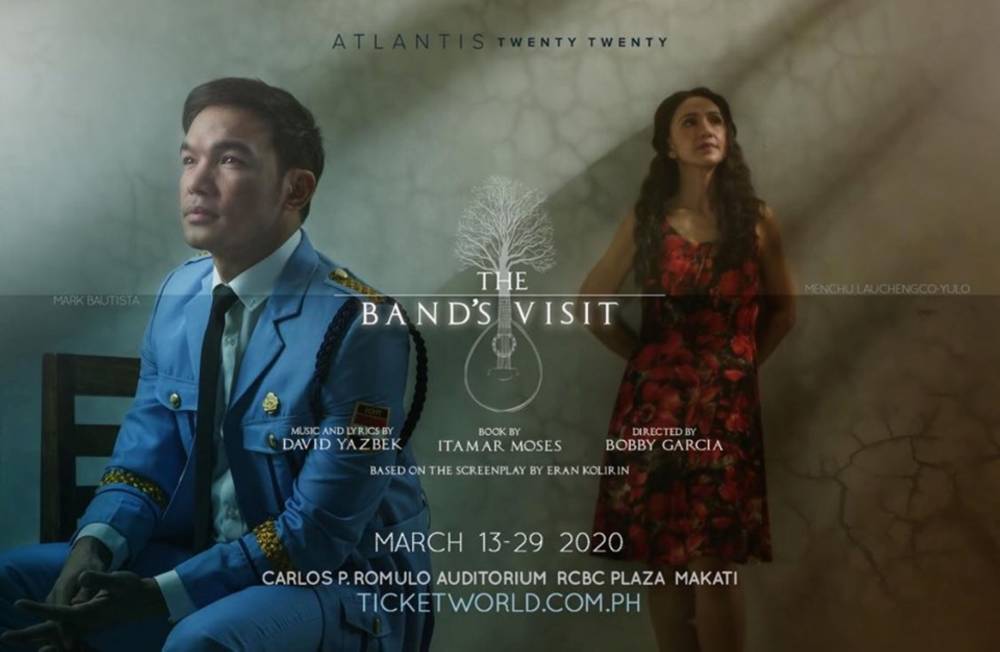
On Oct. 20, the final day of “Request sa Radio,” director Bobby Garcia was noticeably absent.
TV icon and longtime friend Boy Abunda realized Garcia was not in the Philippines. He called Garcia, who was based in Vancouver and flew to New York for rehearsals with the cast. He asked, “Why didn’t you come home? I was looking forward to seeing you. What’s wrong, Bobby?”
Garcia, who never liked being fussed over, responded with his typical humor, which was either morbid or ironic. Abunda recalled, “Whenever I asked if he was alright, he’d say, ‘I was sick for a while but I’m now okay. I’m not going to die because I won’t be accepted in hell.’ That was our last conversation.
“He always lightened things up,” Abunda said. “I knew he was going through health challenges. He and his family were very private. He didn’t like attention.”
On Dec. 18, news outlets reported on Garcia’s sudden death. There were tributes to his works on social media. He was 55. Beyond theater, he directed concerts and TV specials, and served as a casting consultant for prestigious productions. He founded Atlantis Productions.
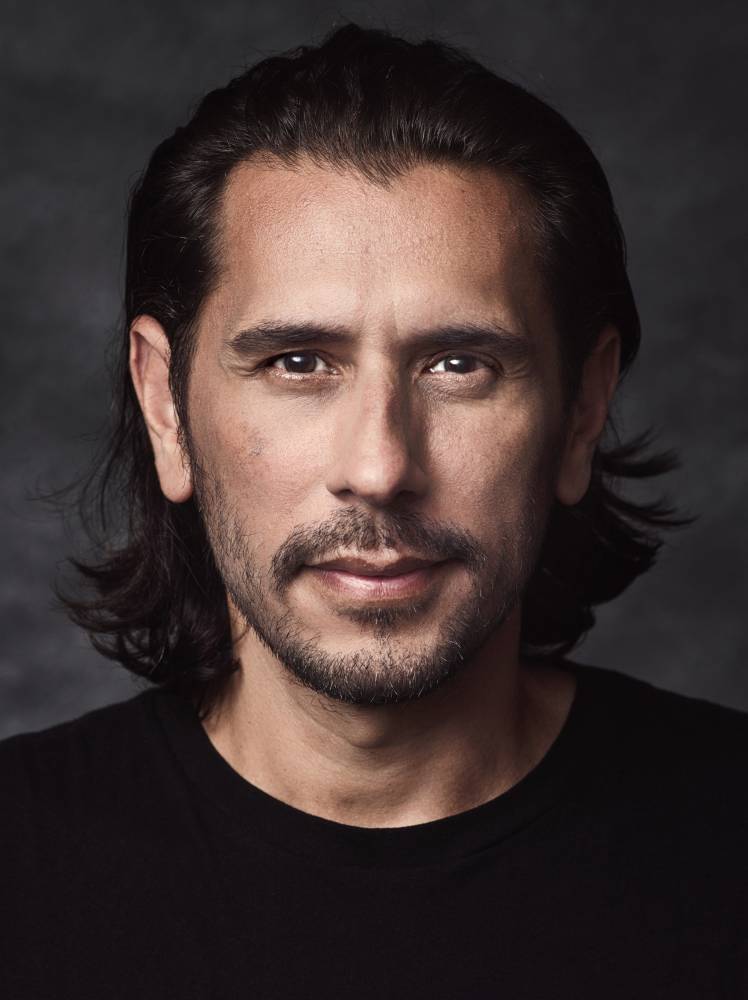
Garcia revitalized the Manila theater scene with his productions of the latest Broadway and West End musicals, showcasing local talent. “He broke new ground by expanding the theater audience through his engaging selection of works, savvy marketing, and professionalization of fees for creatives and staff. In today’s discussions of creative industries, Bobby and the story of his production house, Atlantis, would have been invaluable,” said director Chris Millado.
“He was a very good producer who got the best titles, which spoke for themselves,” said thespian Menchu Lauchengco Yulo, referring to shows such as “Kinky Boots,” “Matilda the Musical,” “Shrek” and “Nine,” among many others that kept Manila up to date. “He looked into every aspect of production, putting together a good team of stage management and production management. There were no complaints. You knew exactly what you were getting into when you did an Atlantis show.”
Lifestyle asked some prominent personalities to share their experiences with the late Garcia.
Conversations
Before moving to Hong Kong Disneyland to direct its shows, Garcia helmed the early seasons of “Private Conversations with Boy Abunda” in the aughts.
Garcia preferred a more spontaneous approach to talk shows. He would ask, “How do you plan to attack this conversation? I know you’ve done your research, but here’s my take.”
Abunda never relied on cue cards or teleprompters. An hour before the show, Garcia would say, “Let’s allow the heavens to work for us.”
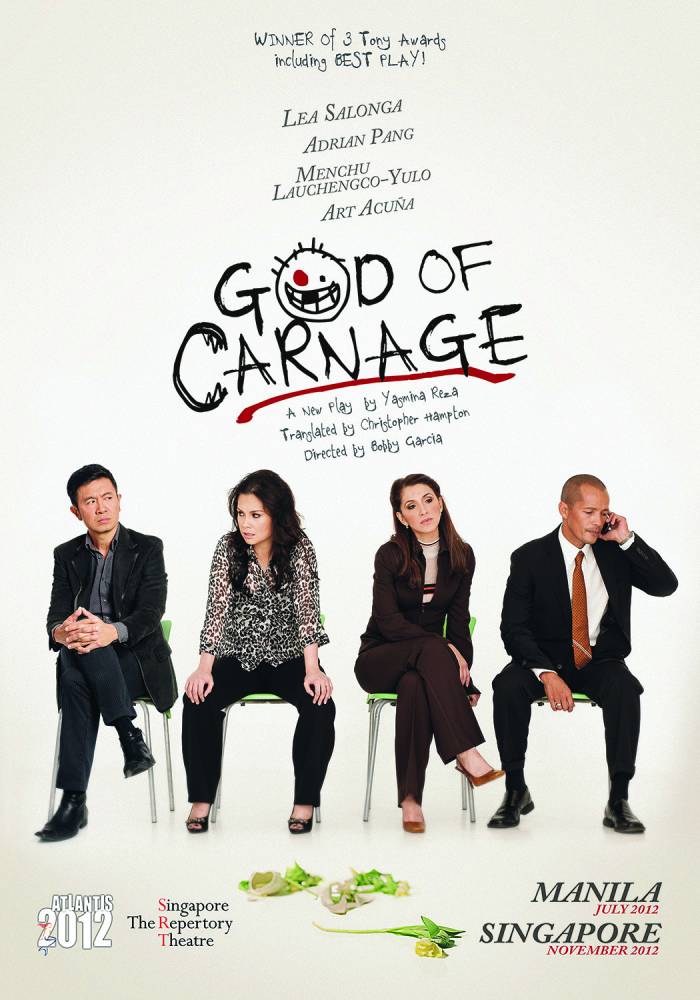
The writing and production teams provided the framework, but the magic happened on stage. However, the performance itself, whether it was a triumph or a misstep, was entirely up to the talent. Abunda and Garcia operated on this principle of individual responsibility.
After the show, Abunda and Garcia would often share quick dinners. “Sometimes he was direct, but never offensive,” Abunda recalled. At other times, Garcia’s conversations were intellectually stimulating and fun.
“His way of showing affection was through playful teasing,” Abunda explained. “He’d often joke, ‘You’re so svelte.’” It was a satirical jab that only he could deliver. Abunda will deeply miss Garcia’s wit and jovial spirit. “He was one of my most loved friends.”
Theater grind
Yulo starred in nine Atlantis Productions shows. Working with Garcia was rewarding. The grueling eight-hour daily rehearsals, extending over four to six weeks, demanded constant repetition of scenes. This allowed the actors to delve deeper into their characters, uncovering fresh insights and nuanced approaches. No understudies or rakets (outside gigs) were allowed throughout the entire process. “When you rehearse with him, you’re 100 percent committed,” she said.
Yulo appreciated Garcia’s strict yet detailed approach. He arrived at rehearsals well-prepared, armed with script notes and a clear vision for each scene. While he encouraged actors to explore their characters and follow their instincts, he was also meticulous about specific details. He even delved into character aesthetics, offering guidance on what worked and what didn’t.
One of her career-defining roles was Diana Goodman in “Next to Normal,” staged in 2011. The story centered on the matriarch, Diana, who grappled with bipolar disorder and its impact on family dynamics. To prepare for her role, Yulo conducted extensive research on bipolar disorder.
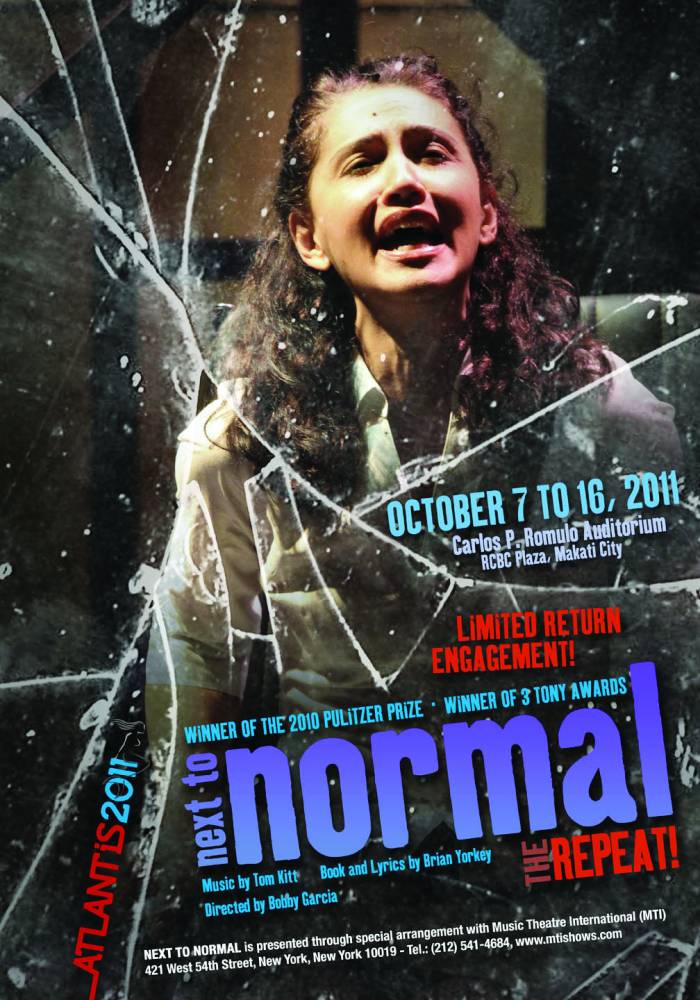
“Bobby cared about the comfort of his actors,” she said. The musical’s premise revolved around her character’s loss of a child and her subsequent inability to cope, leading to heavy medication due to suicidal tendencies.
“We had to delve into a dark place to find that character,” she said. Garcia was instrumental in guiding her and providing the support she needed to bring Diana to life, while ensuring her well-being.
“Every day, my head felt like it was filled with cotton. I couldn’t sing the song without breaking down. I had to learn how to balance singing and crying so that the audience could understand what I was saying,” she said. Her hard work paid off with an Aliw Award for Best Actress.
Her last collaboration with Garcia was “The Band’s Visit,” a 10-time Tony Award-winning musical that also received a Grammy for Best Musical Theater Album. It was set to open on the eve of the lockdown, on March 13, 2020.
Lockdown
The story revolves around Bet Hatikva, a small, fictional Israeli town, unexpectedly thrust into a cultural exchange. An Egyptian music band, en route to a concert at an Arab center in Petah Tikva, takes a wrong turn and ends up in this quiet town.
The bewildered band members meet Dina, the café owner played by Yulo, who welcomes them, unaware of the cultural storm she’s about to host. As the day unfolds, music becomes the universal language. The Egyptian musicians, known for their fiery performances, fill the town square with soulful melodies. This encounter bridges cultural divides, fostering a sense of unity and understanding.
The musical’s relevance is particularly poignant in today’s era of heightened Middle East tensions.
Yulo learned Hebrew, while Rody Vera, who played the leader of the Egyptian Police Orchestra, mastered Arabic lines. To maintain their characters, they worked with dialect coaches for their accented English. However, the show was cancelled due to the start of the pandemic lockdown.
Garcia immediately flew to Canada before borders closed. Like many others, they faced uncertainty about the future. Atlantis Productions had a one-year window to produce the show.
Postpandemic, he became involved in Canada’s theater scene. He served as a casting consultant for the restaging of “Here Lies Love” and directed “Request sa Radyo,” a monodrama featuring Lea Salonga and Dolly de Leon.
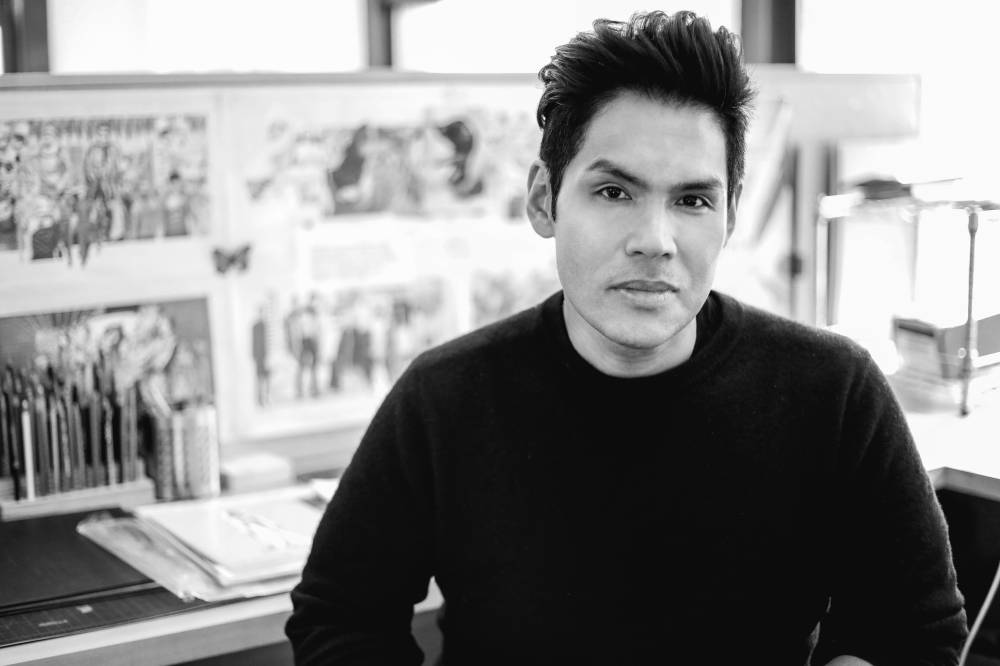
Yulo reflected, “If Bobby had something to say, he would do it here. It was always about the relevance of the show and its impact on Filipino audiences.”
In a statement, Tony Award-winning designer and producer of “Request sa Radyo” Clint Ramos said he met Garcia through New York-based author Jessica Hagedorn. “He was the consummate man of the theater, his life a passionate devotion to the stage. A lover of artists, he was profoundly proud of his Filipino heritage and championed our community with every choice he made. I’ll miss him terribly, especially our nightly text exchanges.”


















